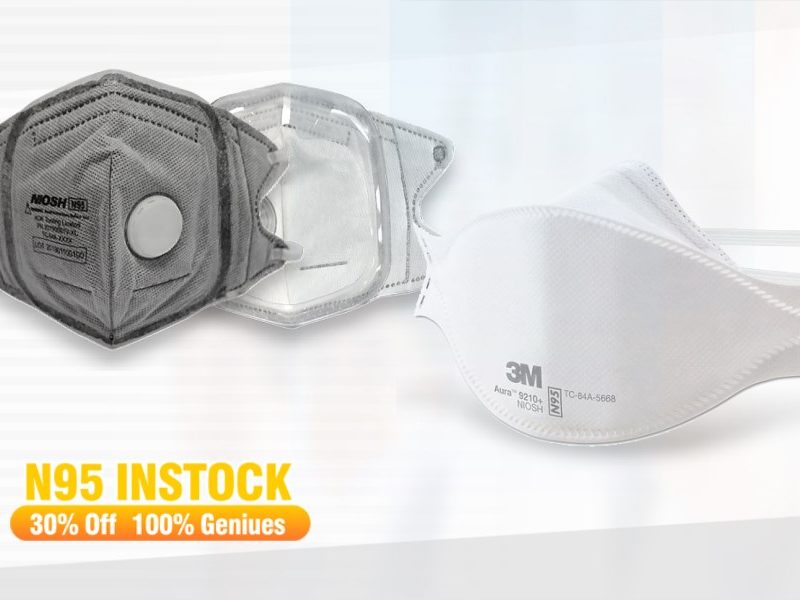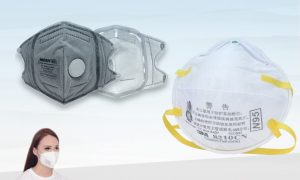
There are a variety of masks available for use in preventing the transmission of COVID-19.
Studies have been done to compare the different mask materials, however the comfort of the mask may be the most essential factor to take into consideration for the general audience.
Studies have examined various mask materials, although comfort may be the most essential factor for the general audience.
The one you can consistently and comfortably wear.
N95 respirators are only required in medical circumstances. Surgical masks are typically more protective than fabric masks, and some individuals find them to be lighter and more comfortable for regular use. Below is a summary of the numerous types of masks, as well as their advantages and disadvantages.
Cloth masks can be constructed from a range of natural and synthetic fabrics and fibers, and they come in a variety of styles. Easy to get; comfortable; inexpensive; practical; washable and reusable; typically, adjustable ear loops and tie strings. Masks that do not fit properly may leave gaps around the sides of the face or nose. May allow virus-containing respiratory droplets to slip in and out around the mask.
Community-use Surgical Masks or Disposable Face Masks are commercially available. Check the labels to confirm that the material is multi-layered and non-woven. Positives: readily available, pleasant, inexpensive, disposable These masks frequently have a loose fit. Masks with ear loops may not be sufficiently adjustable for a better fit. Poor fit creates spaces around the nose and around the sides of the face through which respiratory droplets harboring the virus can escape; disposable. K95 masks are a prominent type of filtering facepiece respirator manufactured and utilized in China.
KN95 masks may be preferable in some circumstances or for certain individuals who are at elevated risk of severe COVID-19 infection. KN95 masks that fulfill specifications comparable to those established by the National Institute for Occupational Safety and Health (NIOSH) of the CDC for respirators. Some KN95 masks supplied in the United States comply with NIOSH-like criteria, whilst others do not. Pros: Filter up to 95% of airborne particulates. Cons: Can be unpleasant; frequently necessitates increased breathing effort; can be more expensive and harder to get; intended for one-time usage; commercially available.

NIOSH-Approved N95 Respirators – The CDC does not recommend the use of N95 respirators in non-healthcare settings for COVID-19 protection. Should be kept for healthcare professionals and other professions mandated to wear protective gear.